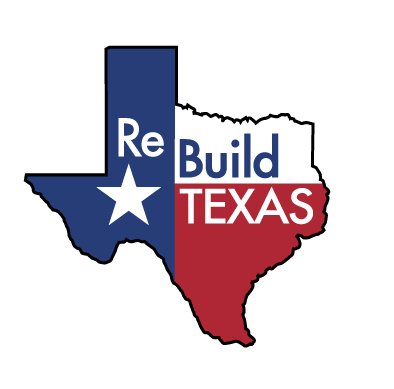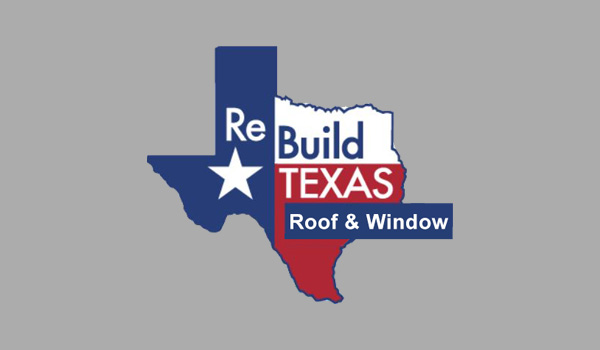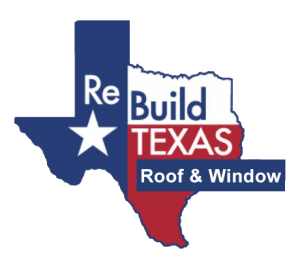
When it comes to insuring your property, understanding the nuances of your policy can be a game-changer. Two terms that often pop up are ACV (Actual Cash Value) and RCV (Replacement Cost Value) insurance. These two types of coverage can significantly impact your claim’s outcome, especially in states like Texas where weather events can cause significant damage. This blog post will delve into the differences between ACV and RCV insurance, helping you make informed decisions.
An Overview of ACV Insurance
ACV or Actual Cash Value insurance is a policy that provides coverage equal to the current market value of the insured item, minus depreciation. In other words, if you file a claim under an ACV policy, you’ll receive the amount your item is worth today, not what it was worth when you purchased it.
Key Features of ACV Insurance
- Depreciation: ACV insurance takes into account the age and usage of the insured item. This means that as your property ages, its value decreases, affecting the payout in case of a claim.
- Lower Premiums: Since ACV insurance factors in depreciation, the premiums are typically lower than RCV insurance.
- Budget-Friendly: ACV insurance can be a suitable option for those on a budget or those insuring items that don’t depreciate rapidly.
What is RCV Insurance?
RCV or Replacement Cost Value insurance, on the other hand, covers the cost of replacing your lost or damaged property with a new one of similar kind and quality, without considering depreciation. It’s designed to replace your property in the state it was before the damage occurred.
Key Features of RCV Insurance
- No Depreciation: RCV insurance doesn’t factor in depreciation. This means you get a payout sufficient to replace your property with a new, similar item.
- Higher Premiums: As RCV insurance offers more extensive coverage, it usually comes with higher premiums.
- Peace of Mind: With RCV insurance, you can rest assured that you’ll have enough coverage to replace your lost or damaged property without worrying about depreciation.
ACV vs. RCV Insurance: A Comparative Analysis
Now that we’ve outlined what ACV and RCV insurance are let’s compare them to clarify the differences:
- Depreciation Factor: The most significant difference between ACV and RCV insurance lies in the depreciation factor. ACV considers depreciation, while RCV doesn’t.
- Premium Costs: ACV insurance generally has lower premiums due to its consideration of depreciation. On the other hand, RCV insurance offers more robust coverage, leading to higher premiums.
- Payout: In the event of a claim, an ACV policy will typically result in a lower payout than an RCV policy because it factors in depreciation.
Choosing Between ACV and RCV Insurance in Texas
The choice between ACV and RCV insurance largely depends on your unique needs, budget, and the specific items you’re insuring. Here are a few considerations:
- If budget is a concern, ACV insurance might be a more suitable option due to its lower premiums.
- If you own high-value items that depreciate slowly, RCV insurance might be worth the higher premiums.
- Consider the weather conditions in your area. Texas is known for its extreme weather events, which could significantly damage your property. RCV insurance might be a prudent choice in such cases.
Final Thoughts
Understanding the differences between ACV and RCV insurance is crucial in choosing the right coverage for your needs. An informed decision today can save you from financial distress tomorrow. Always consult with a trusted insurance advisor to ensure you choose the best policy for your situation.
Remember, when it comes to your home, you deserve nothing but the best. Trust Rebuild Texas – your roofing solution experts.
Contact Rebuild Texas today to schedule your inspection and take the first step toward restoring your property’s protection and value.
We have offices located in Bedford, Lewisville, Weatherford, Cleveland, Austin, and Georgetown. We are a local, preferred contractor looking to provide our local communities with high-quality roofing repair, and replacement services. We provide both commercial and residential services. If you would like to schedule an inspection with a roofing expert or speak to our customer service team, give us a call or send us a message online.




